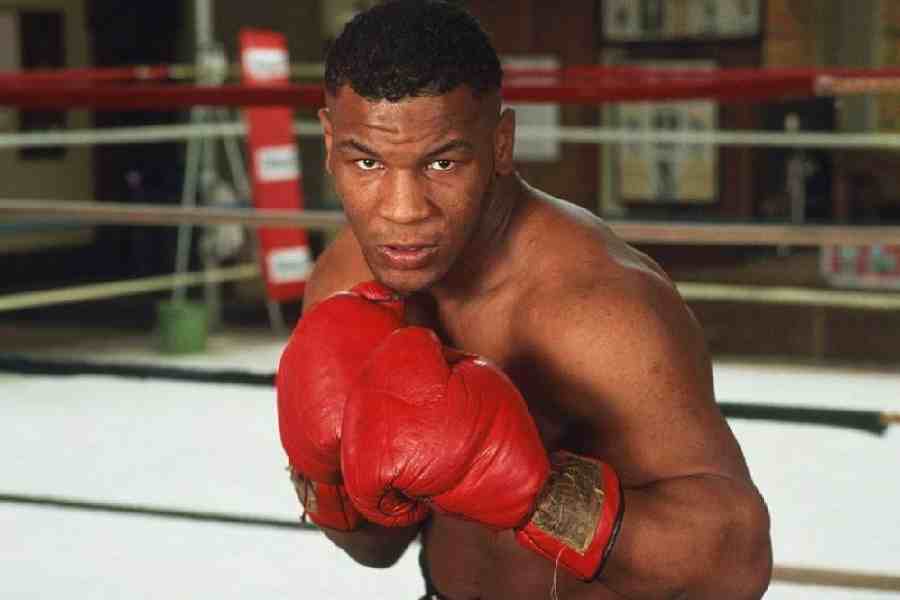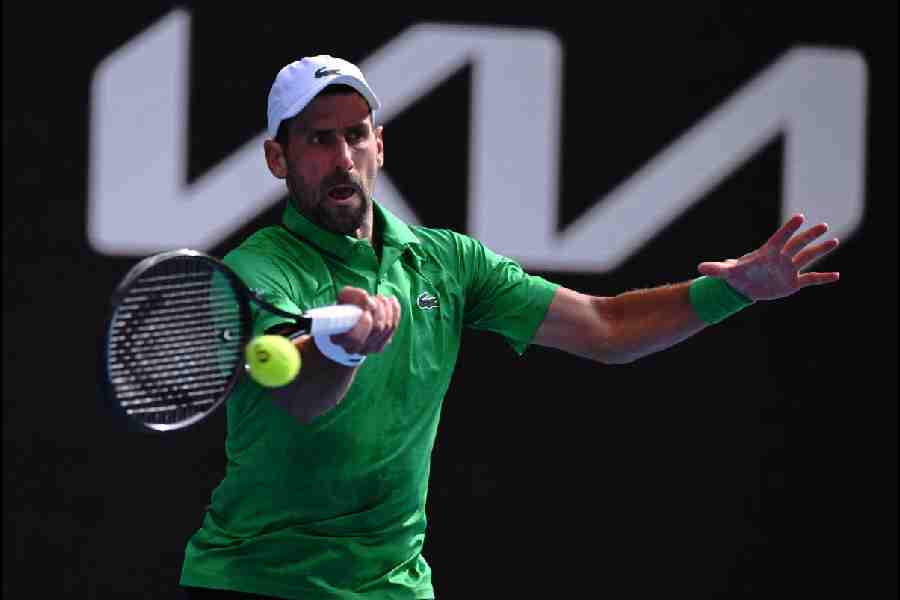Book: BADDEST MAN: THE MAKING OF MIKE TYSON
Author: Mark Kriegel
Published by: Ebury
Price: Rs 999
Mike Tyson’s flaming-hot temper and menacing persona have always eclipsed his boxing skills. So much so that his street-fighter’s attitude earned him the sobriquet, the ‘baddest man on the planet’.
Mark Kriegel’s book is a telling scrutiny of one of the greatest heavyweight boxers of all time. It is a well-researched work that looks at Tyson’s early days, his rise to fame, and the greed and the criminality that helped create Tyson’s image of being the most feared, yet mesmerising, boxer after Muhammad Ali.
Tyson’s multifaceted personality is well-documented — a nervous and fearful young boy who survived a traumatic childhood; a monster in the ring who was ready to kill his opponents; a doting dad who watched his daughter play tennis; the victim of a smarmy and greedy industry that exploited his fame for its own gains.
Kriegel, who covered Tyson’s journey as an analyst, also attempts to reveal the human side of a man who has often been depicted as the villain of the script. His complex partnerships with his trainer, Cus D’Amato, and his promoter, Don King, are dwelt on, offering glimpses of boxing’s ecosystem. Kriegel also peeks into Tyson’s private life, delving into the numerous relationships he found himself entangled in amid his turbulent courtship of and marriage to the actor, Robin Givens. The book details how Tyson had tried to save Robin, who, blinded with rage after having discovered one of Tyson’s affairs, drove away in his Bentley and injured a motorist. Tyson even tried to hush up the accident by offering an estimated $20,000 to the victim. Tyson went on to claim that he had been driving the Bentley. The ensuing investigation did not just embarrass Tyson and Robin but also his manager, Bill Cayton, who had said that it had been caused by “great emotional distress” as the champion swerved to avoid a defenceless cat.
Tyson’s profound impact on the American psyche is an interesting aspect that the book looks into as well. He was billed as a modern-day Jack Dempsey, the world heavyweight champion from 1919 to 1926, but perhaps resembled another world champion, Sonny Liston — Black, feared, and expected to die young – more closely.
The book ends with Tyson’s frenzied, 91-second knockout of Michael Spinks in 1988 in Atlantic City, a bout that was organised and promoted by Donald Trump and yielded more than the combined annual payrolls of the players of Los Angeles Lakers and Boston Celtics. Trump had even stepped in as chief strategist and adviser for the boxer after Tyson fired Cayton.
This is a fascinating work made even more captivating by Kriegel’s amazing ways of storytelling. The abrupt ending to this engrossing narrative, however, leaves Tyson’s fans yearning for more. It wouldn’t be surprising if Kriegel decides to pen a sequel to Tyson’s life story.











